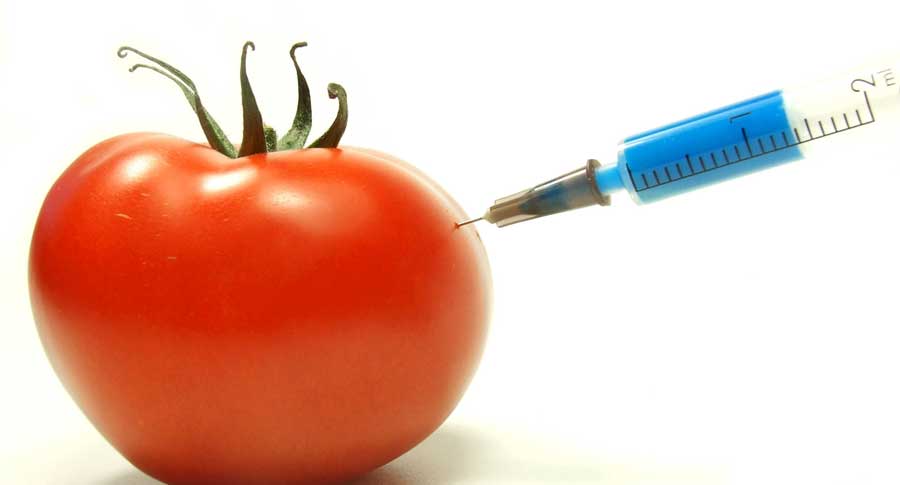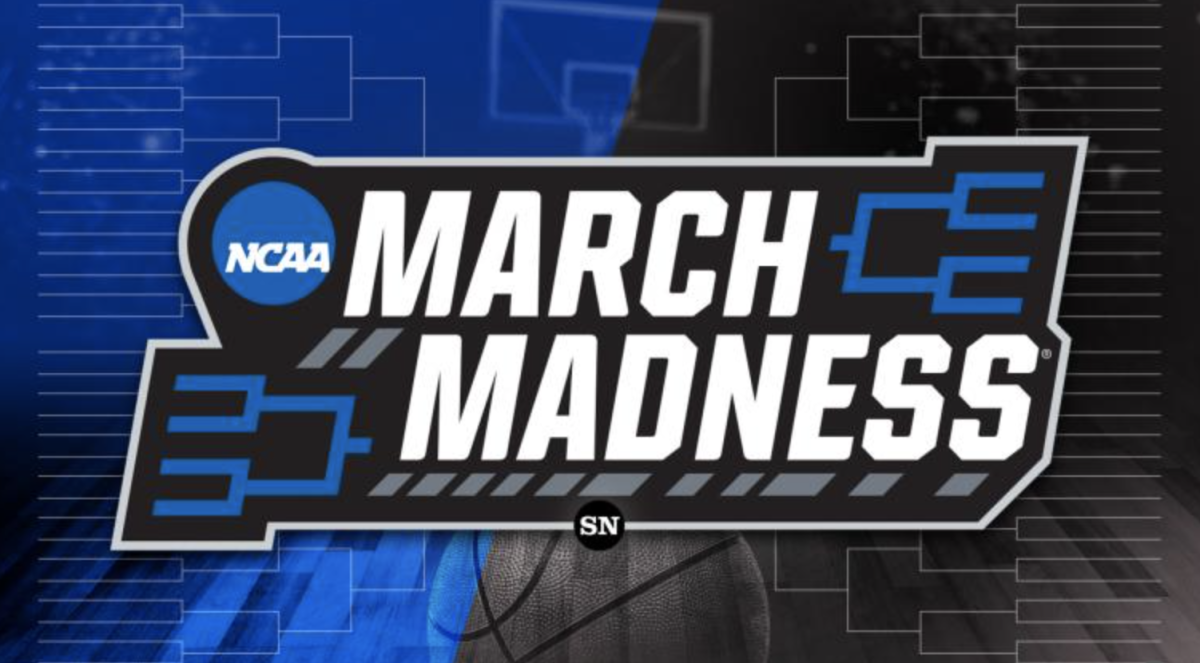GMO’s (Genetically Modified Organisms) sound like something out of a science fiction novel. Indeed, while the may come off as an innovation of the future, in reality they have been around since 1982. And the controversy behind these have existed since. This controversy has extended to our own student body. Take for instance sophomore David Diaz, “If you are against GMO’s in all forms, you are FOR childhood blindness,” he opined. It may sound, based on these claims, that GMO’s are a kind of panacea. If GMO’s were that good, then why doesn’t everybody eat them?
At US, on a nearly daily basis, we eat some form of GMOs whether we know it or not. In the United States as a whole, they are nearly unavoidable. For instance, almost 96% of all corn and 93% of soybeans in the US are genetically modified.
However, before accepting this technology at face value, as a scholarly institution, it is essential that US fully considers the implications of our actions.
In 2009, the American Academy of Emergency Medicine launched multiple animal studies that concluded the risks of GMO consumption include immune system problems, accelerated aging, changes in major organ systems, and faulty insulin management. The report also went on to say that physicians should not give GMO’s to patients for these reasons. Certainly if America’s doctors are being warned to not give patients GMO’s, a high school might want to take heed.
The risks go further. A recent joint investigation by the CDC and the FDA revealed that people around the US exhibited allergic reaction to StarLink Corn, which possesses a genetically modified protein, Cry9c. Unfortunately, a joint report from the World Health Organization and the Food and Agriculture Organization of United Nations uncovered that this protein, among others in GMOs, have the potential to release toxins and cause allergic reactions to people who previously have had no allergy issues. These conclusions raise even more concerns about what US is feeding the student body.
Even those genetic modifications heralded as medical saviors are rife with issues. Diaz, quoted above, explained, “Golden Rice is a new form of genetic modified organism. It is rice that has been modified to contain more vitamin A than regular rice which is then shipped to poor countries. Also, it [reduces] child blindness.” While this technology sounds tempting to social justice minded activists like David, and the desire to help the poor at any cost in the way he expressed is admirable, the chances of this scheme working in the real world are less promising. In addition to the risks explained above, which clearly outweigh the benefits of extra vitamin A, countless countries around the world have banned GMOs, meaning the use of technology like golden rice on a wide scale is highly unlikely, if possible at all. Social justice warriors like Mr. Diaz ought to keep dreaming.
Come lunch time, it is long overdue for US students to wake up, rather than just eat up.
The University School News welcomes responses to articles in the Opinion section. Please send letters to the editor-in-chief electronically. The News reserves the right to edit or chose not to publish the letters.








Eric Schoelm • Feb 28, 2018 at 10:58 pm
I dissent.
Both Bill Gates and the FDA released the newest wave of studies yet again proving that GMO foods (this is like wave 4 if I’m not mistaken) are not only safe, but in some instances healthier.
White rice is being modified to be more nutritionally wholesome for poverty-stricken areas with little access to fresh fruits and vegetables.
In the same way the US mandated companies add iodine to table salt to basically eliminate goiter, we should continue to make our produce and other foods healthier and more efficient through modification and prevention.
Denise Hodson • Nov 7, 2016 at 10:38 pm
I agree with your assessment of GMOs. Your article raises the awareness of the effects of GMOs on health.
Neel Agarwal • Nov 9, 2016 at 9:54 pm
Thanks! My aim of this article is for people (the US community) to be skeptical of what they are eating and to question it, to be an informed consumer.